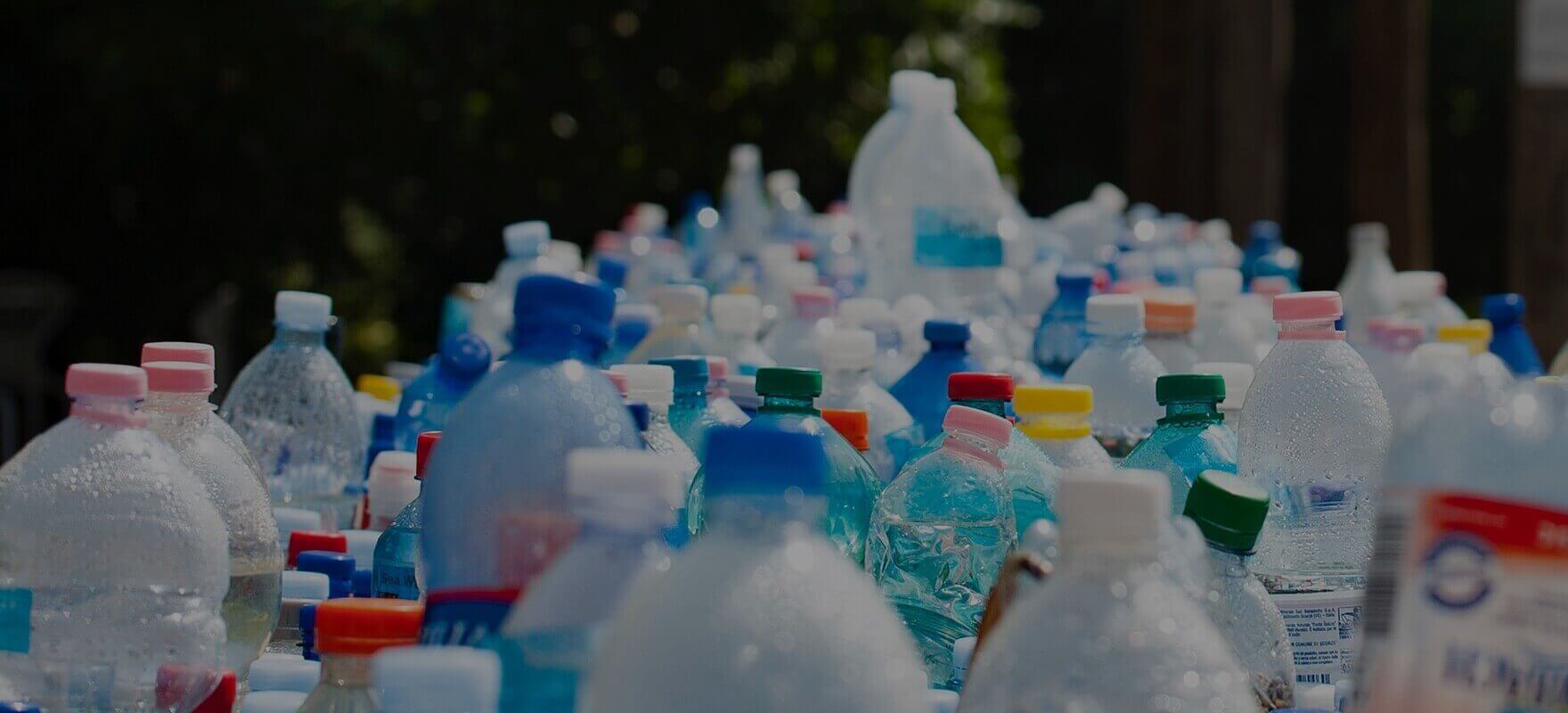Bangladesh Plastic Pollution Reduction through Industrial Symbiosis Matching
A project in partnership with Maxwell Stamp Ltd – Bangladesh (MSL) to enable the reduction of plastic pollution in Bangladesh through the application of industrial symbiosis.

More About The Project
How is it funded?
Bangladesh Plastic Pollution Reduction through Industrial Symbiosis Matching (“B-PRISM”) is funded through the UK Foreign, Commonwealth and Development Office’s Sustainable Manufacturing and Environmental Pollution (SMEP) programme. SMEP is implemented in partnership with the United Nations Conference on Trade and Development (UNCTAD) to identify and invest in emerging technologies or processes that mitigate the harmful environmental and social impacts of pollution from manufacturing sectors in South Asia and sub-Saharan Africa.
What is the aim?
The project will reduce waste disposal of plastics in Bangladesh by forging connections between manufacturers and other parties within the region who are able to put plastic waste materials to constructive use. B-PRISM will divert plastic resources away from waste disposal while also saving money for both the manufacturers and the recipients of the materials, and potentially creating jobs in manufacturing and reprocessing.
International Synergies estimate that over 2 years (contingent on funding continuity), 30,000 tonnes of plastic waste could be diverted for reuse, with the potential for rapid scale-up in the future. With approximately 600,000 tonnes per year of plastic currently going to waste in Bangladesh, this will mark a significant reduction with all the concomitant economic, environmental and social benefits.
B-PRISM will engage with customers across the value chain for plastic manufacturing and plastic waste in Bangladesh, along with relevant technology solution providers, the research community, and innovators in the industry. This engagement will locate and characterise 60,000 tonnes of plastics waste during the course of the project, with a target to successfully divert 50% of the identified plastic away from disposal and into re-use.
How will International Synergies support?
The quantities of diverted waste and associated revenue generated through B-PRISM will be tracked through SYNERGie®, ISL’s award-winning software platform for data gathering, analysis, project management and reporting. This will allow the full scope of the benefits brought about through B-PRISM to be easily accessed and reported to demonstrate the project’s value.
ISL further hopes that the successful completion of the B-PRISM project in Bangladesh could serve as a blueprint on industrial symbiosis around plastics for other SMEP priority regions in South Asia and sub-Saharan Africa, and potentially be replicated within and following the lifespan of the programme itself. By the end of the project in 2024, ISL and MSL intend to create a sustainable industrial symbiosis model to ensure B-PRISM runs far into the future.

Get in Touch
For details of how International Synergies can support regional economic development through green growth, please get in touch.